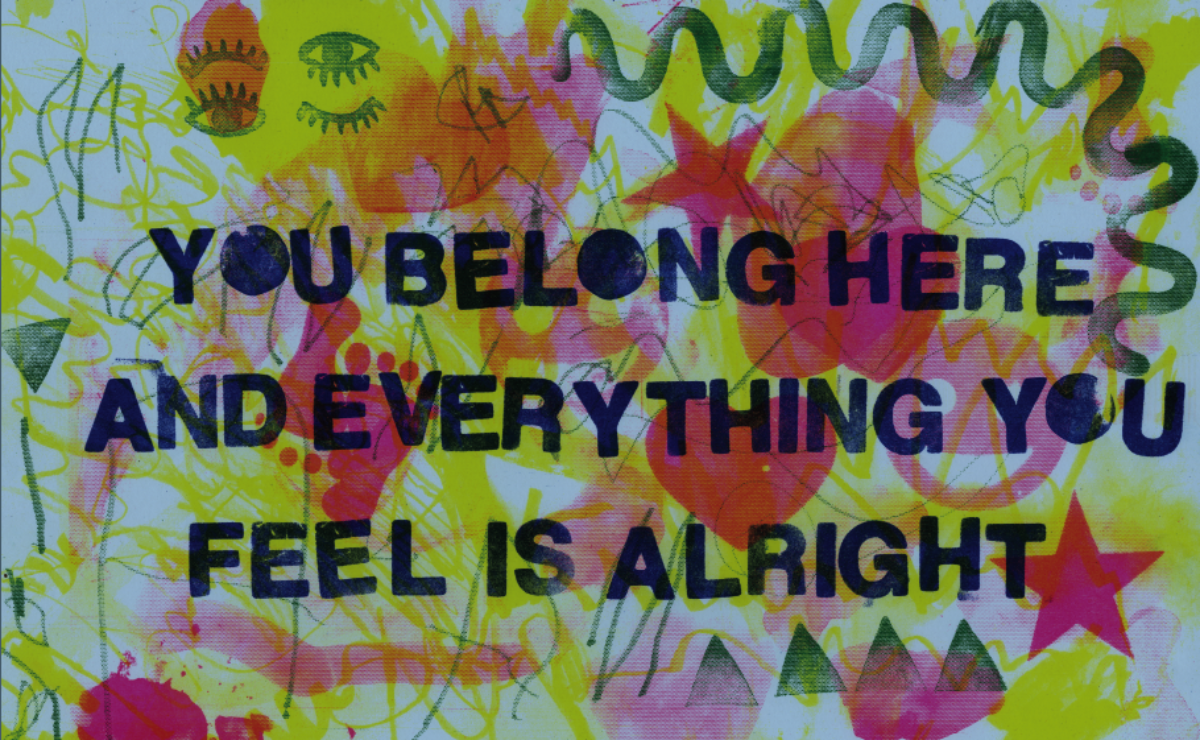Post on Discussion Board #1 (due 2/8)
This week’s readings ask us to think about feminist politics and the politics of difference. We also begin to learn about the formalization of gender and women’s studies as academic fields. For this week’s post, please answer any (not all) of the following sets of questions:
-
- Coming into this class, what are some of your initial impressions of the terms “feminism,” “sexism” and “gender and women’s studies?” How do this week’s readings define or explain these terms? Use specific quotes or examples in your response.
- Both hooks and Lorde address the ways that differences can operate to bring people together or further divide us. What do they each have to say about ideas of “difference?” How do you see this operating in your own life and/or the world around you?
- What do this week’s readings have you thinking about? Select a quote from each reading that caught your attention. Discuss the author’s meaning and why these lines stood out to you.
**Instructions on how to post can be found here.
Please title your post: First Name Last Name: DB 1 and select “DB 1” as the category for your post.
